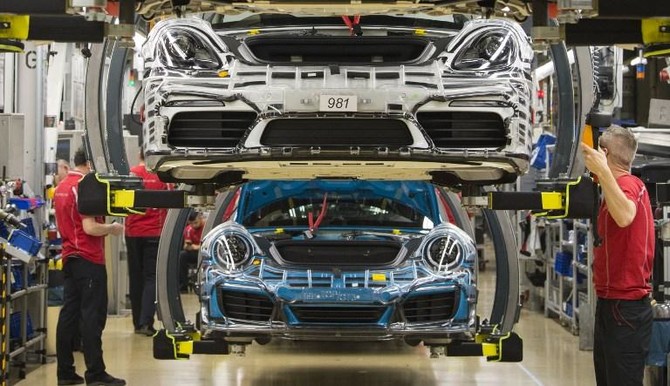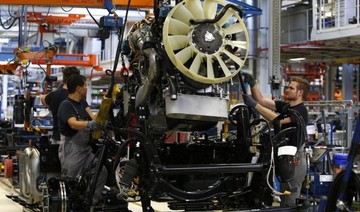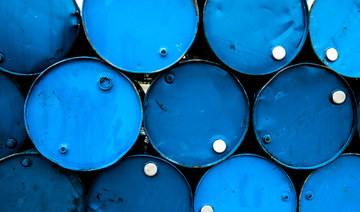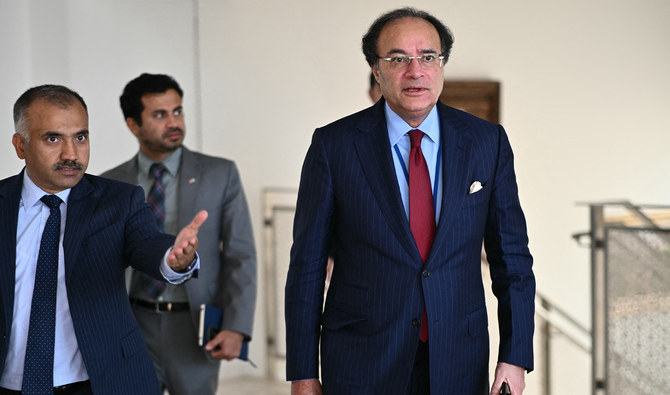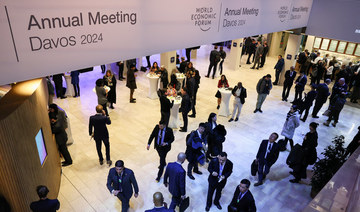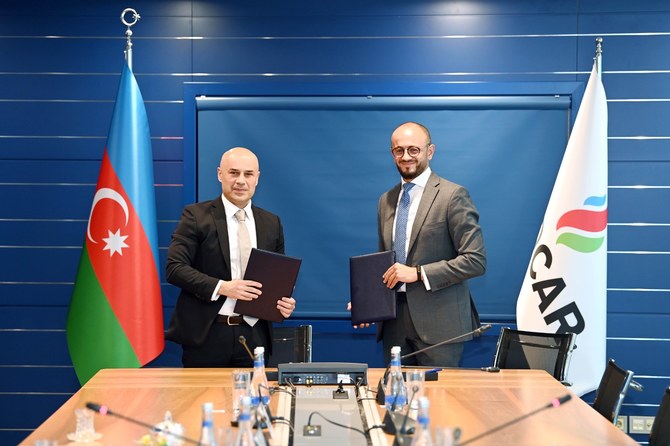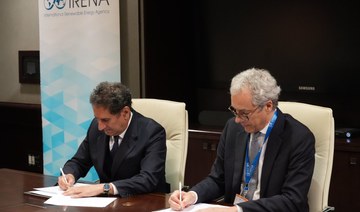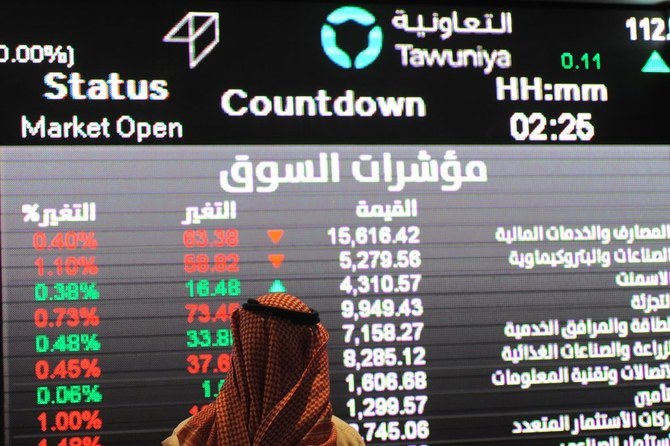FRANKFURT AM MAIN: The German economy, Europe’s largest, likely recovered slightly in the fourth quarter of 2018, avoiding a technical recession after negative growth in the third quarter, national statistics body Destatis said Tuesday.
“There were signs of a slight rebound at the end of the year,” Destatis expert Albert Braakmann told reporters. The office will release its preliminary fourth quarter growth figure on February 14.
German output shrank by 0.2 percent from July to September, dragged down by problems in the crucial car sector.
Uncertainty about Brexit and weaker Chinese growth as a result of US-led trade tensions have further rattled nerves in export-reliant Germany.
But many economists have been quick to stress that Germany’s underlying fundamentals remain strong, powered by healthy domestic demand.
“Even if it happens a technical recession should not leave any marks on the labor market but should be the very final wake-up call to step up investments and structural reforms,” said ING Diba bank analyst Carsten Brzeski.
Economy Minister Peter Altmaier, who expects German growth of around 1.5 percent for 2018 compared with 2017’s 2.2 percent, has also rebuffed the doomsayers.
“Germany is not at the beginning of a recession, even if there are unresolved problems in international trade with Brexit and the United States,” Peter Altmaier told Handelsblatt last week.
Europe’s powerhouse “has a strong reputation globally, the mood is good among businesses and many order books are full,” he said.
Altmaier, of Chancellor Angela Merkel’s center-right CDU, however acknowledged the government could do more to give businesses “a tailwind” at a time of sluggish global expansion.
“It makes sense right now to set incentives for growth,” he said, including through “tax relief for companies.”
That puts him on a collision course with Finance Minister Olaf Scholz of the center-left Social Democrats, who has said he sees no need for corporate tax cuts and recently warned that “the fat years are over” when it comes to Germany’s run of tax revenues overshooting expectations.
In 2017 federal, regional and municipal governments took in €36.6 billion ($42 billion) more than they spent, helped by record-low unemployment, high wages and the European Central Bank’s ultra-low interest rates.
Germany, which also boasts a massive trade surplus with the rest of the world, frequently faces calls from abroad to spend more of the proceeds of its wealth to encourage consumption at home — which would indirectly benefit trading partners.
Among the loudest critics is US President Donald Trump, who regularly rails against Germany’s “unfair” trade imbalance and chastises Berlin for not spending enough on defense.
Merkel’s coalition government agreed last year to stick to its cherished “black zero” policy of a maintaining a balanced federal budget, but also pledged billions of extra euros in social spending, including on childcare, education and pensions reforms.
The government also vowed to invest in the country’s creaking Internet infrastructure amid criticism it is failing to prepare the nation for the digital future.
And Altmaier has mooted public investments in electric car battery production and European projects on artificial intelligence.
But Berlin remains a laggard on military spending, only committing to raising expenditure from 1.24 percent of GDP last year to 1.5 by 2024 — well short of the 2.0 percent promise Trump wants upheld.


